In his famous drama, Twelfth Night, William Shakespeare penned one of the most recognizable descriptions of greatness: Be not afraid of greatness. Some are born great, some achieve greatness, and others have greatness thrust upon them. George Oppong Weah of Liberia is one who has achieved greatness in all ramifications. Neither born with a silver spoon nor had greatness entrusted to him by his Godfathers, Goerge worked his way to the zenith of his chosen careers in football and politics. His greatness is epitomized in how he handled his exit from sporting fame and power rather than by his many laudable achievements before and during his era of greatness. This is the excellent story of a son of Africa that merits our consideration, and I have set out to tell this story and highlight some takeaways from President George Weah’s exemplary conduct.
George Weah made history in 1995 when he was named African, European, and FIFA World Player of the Year, thus becoming the first and only African footballer to win the prestigious FIFA Player of the Year award. Before that time, precisely in 1989, he was named African Footballer of the Year. In 1996, he was named African Footballer of the Century in what seems like a crowning glory. But George Weah had a date with Destiny. He transposed his success in the football field to the political field when he was elected in 2017 the president of Liberia, defeating the then-incumbent Vice President Joseph Boakai and succeeding Mama Ellen Johnson Sirleaf. Thus, he became the first African footballer to transition to an elected president successfully. Weah’s journey to the Liberian state house was no walk in the park.
Between 2005 and 2017, George Weah contested for president, vice president, senator, and president, again demonstrating a passion for service and resilience. What is even more intriguing is the background of Weah’s rise to power. He won the presidency in 2017 at a time when most Liberians were still recovering from a fratricidal civil war, facing economic hardship, poverty, and a high rate of unemployment under Johnson-Sirleaf, who was the first elected president after the Liberian civil war. Twelve years of Mama Ellen Johnson Sirleaf did not witness infrastructure revolution and economic revival at a pace Liberians expected and they believed a younger George Weah would do a better job.
Four things worked in favour of George Weah in 2017. The first is a reasonable level of electoral transparency and public trust in the electoral process. Second, is Mama Johnson Sirleaf’s perceived failure to rebuild the country and deliver on her promises. The third is a political class ready to obey the rules and not jettison the regulations, with a high culture of patriotism and tolerance. The fourth is the constitutional requirement, which requires a candidate to score 50% plus one vote before you can be declared a winner. That constitutional requirement compelled candidates to build broad-based national alliances and secure the support of most of the voting population.
Two institutions deserve special mention: the Liberian Judiciary and the National Electoral Commission. The Liberian judiciary has been described as weak in handling criminal matters but has shown unusual firmness, fairness, and sensitivity in political issues. The average Liberian politician respects and accepts court verdicts on electoral matters. Confidence in the judiciary has strengthened the resolution of many contentious political issues. On the other hand, the electoral body in the past 20 years enjoyed a reasonable degree of public trust and independence. As the constitution demands, at the end of that democratic tenor, a general election for the president’s office must be conducted to elect a new president. President Weah was the incumbent and enjoyed all the advantages that gives.
Five key issues – handling of post-war reconciliation, widespread corruption, high inflation rate, cost of living crisis, increased incidence of narcotics abuse and a weak economy – were the front burners in the 2023 elections. All eyes were on President George Weah and ex-VP Joseph Boakai, easily a rematch of the 2017 elections. Just as in 2017, the election went into a runoff. By the time the result was announced following the runoff, the opposition candidate,with 50.89% of votes cast, emerged the winner ahead of Weah with 49.11%. This is the sharp edge where African democracy has often fallen – the incumbent accepting defeat and handing over power without rancour. What will President Weah do? He seems to understand the great words of Ralph Waldo Emerson: A great man is always willing to be little. And he knows that a historic moment has arisen where he must make a decision that will shape his life and that of his people. He stood at that crossroad where some African leaders have taken the almost familiar route of unpatriotic stance and despair.
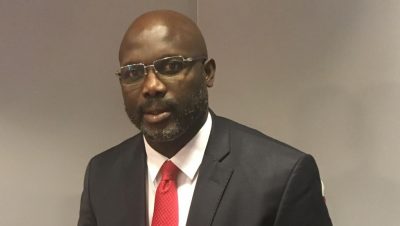
But his action echoes the sentiments shared by President Goodluck Ebele Jonathan, who posits, No matter your political interest, you must place your country first. You must show some kind of patriotism. Undoubtedly, Weah’s humility and patriotism pushed him to accept defeat, and he made a national broadcast where he described his opponent’s victory as a victory for Liberia and Liberians. In doing this, he has followed in the footsteps of great African leaders who accepted defeat and allowed democracy to deepen – President Goodluck Jonathan of Nigeria (2015), President John Mahama of Ghana (2016), President Aden Abdullah Daar in Somalia (1967), Kenneth Kaunda of Zambia (1991), Mathieu Kerekou in Benin Republic (1991), Denis Sassou-Nguesso of Republic of Congo (1992), Kamuzu Banda of Malawi (1994), Abdou Diouf of Senegal (2000), Abdoulaye Wade of Senegal (2011), President Joyce Banda of Malawi (2014) amongst others.
A great man knows when to set aside the important things to accomplish the vital ones. These leaders relinquished their desire to hold on to power for the greater good of deepening democracy in their countries. Weah is the latest African leader to do that. This is significant and leaves us with great takeaways that we must all reflect on.
All is not bleak in African democracy. There is still some fundamental and essential sportsmanship left in African politics. This contrasts with the singularity of doom and despondency in African democracy, as seen in many local and international media. In her famous speech on the danger of a single story, Chimamanda Adichie posits that if you show a people as one thing, only one thing, over and over again, and that is what they become. People like Weah have given us the narrative to challenge the dominant belief in the dearth of democracy in Africa. This is even more significant for West Africa, where coups disrupted democracy. Unelected leaders have recently toppled democratically elected leaders. Political leaders clinging on to power. To have a rancour-free democratic transition is a credit. This is a strong signal of a peaceful change of power.
Weah’s example of conceding defeat in many ways promotes peace, unification, and reconciliation after divisive politics. It is a worthy example of submission to constitutional sovereignty and placement of national interest above self and party interest. For Liberia, the Weah example is vital in a country that has been traumatized by a history of violence and lawlessness.
We hope other African leaders are learning from him and will be willing to emulate him when the time comes. On a personal level, Weah has just added political statesmanship to his celebrated status as a world-class footballer. Weah’s graciousness in defeat confirms that, in many ways, he is a man of destiny, and history would be kind to him. The people of Liberia now have another opportunity to rebuild the nation and restore its dignity.
Mario Puzo, in the famous Godfather movie, posits, Great men are not born great, they grow great . . . George Oppong Weah has grown great. Like any political figure, opinions on his achievements can vary, and diverse perspectives might influence the assessment of his presidency. However, just as the award-winning George Weah is known for his mercurial football dribbling skills, dexterity in scoring goals, and sublime football artistry, history will remember him for scoring this most historic goal in Liberia of conceding defeat in the presidential election and congratulating the winner. Weah’s ability to transcend mediocrity to greatness in his football career and politics and quitting at the loudest ovation is remarkable. So much power lies in doing the simple and right things – this is where greatness is born.









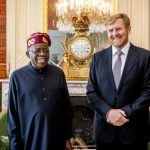
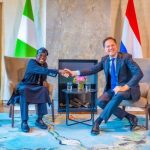



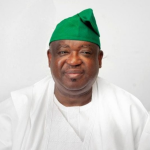

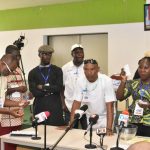




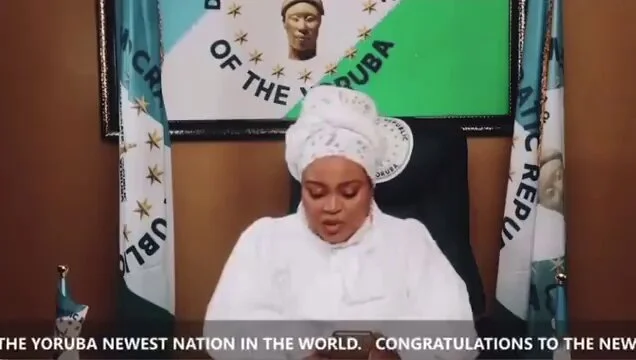
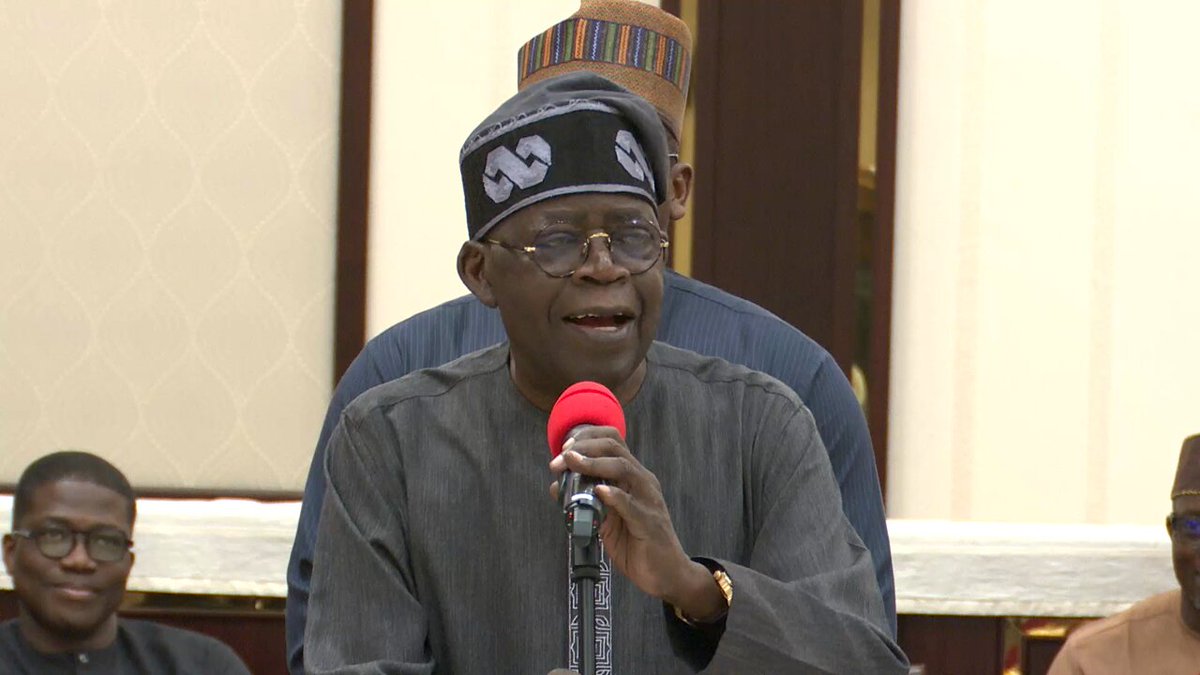
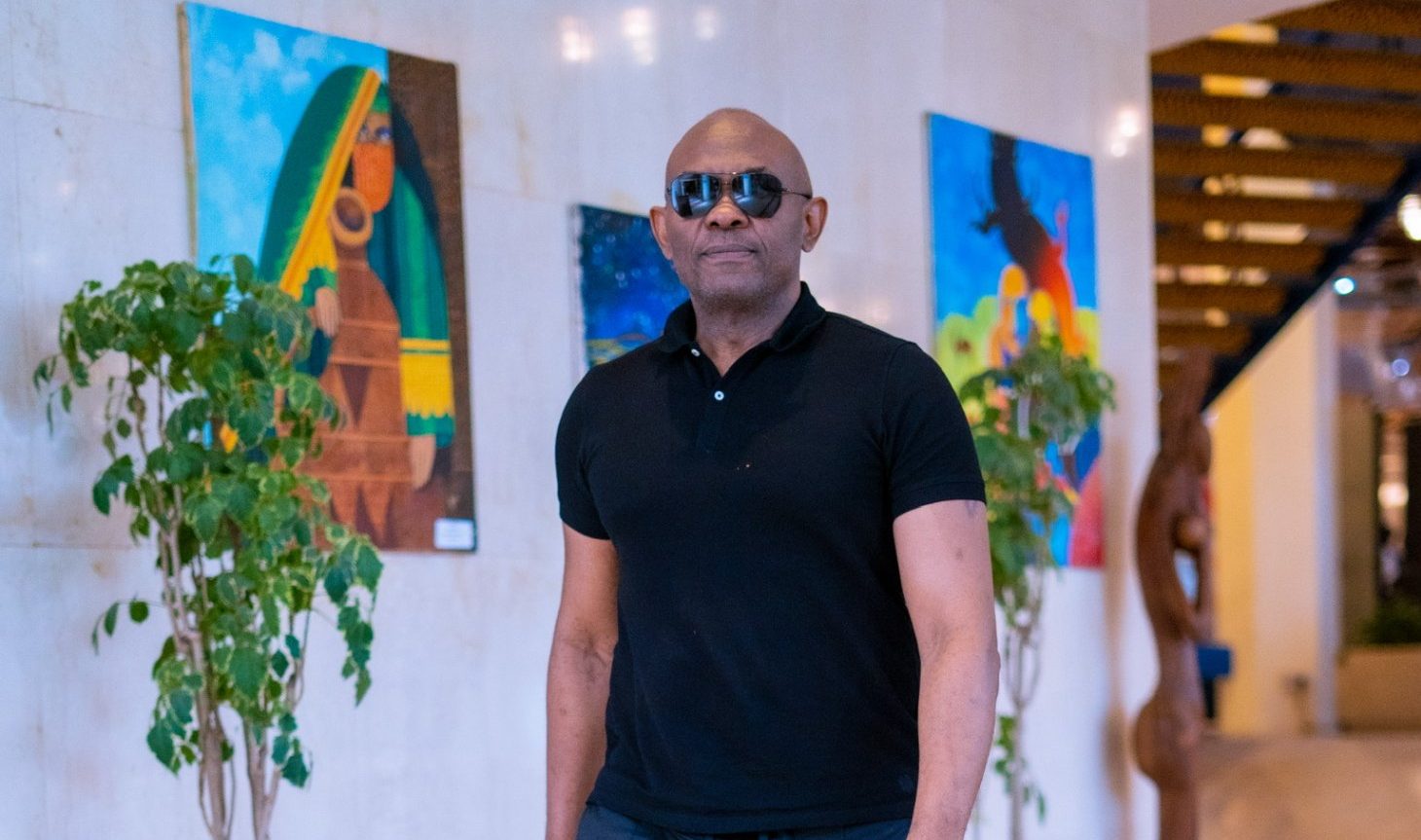

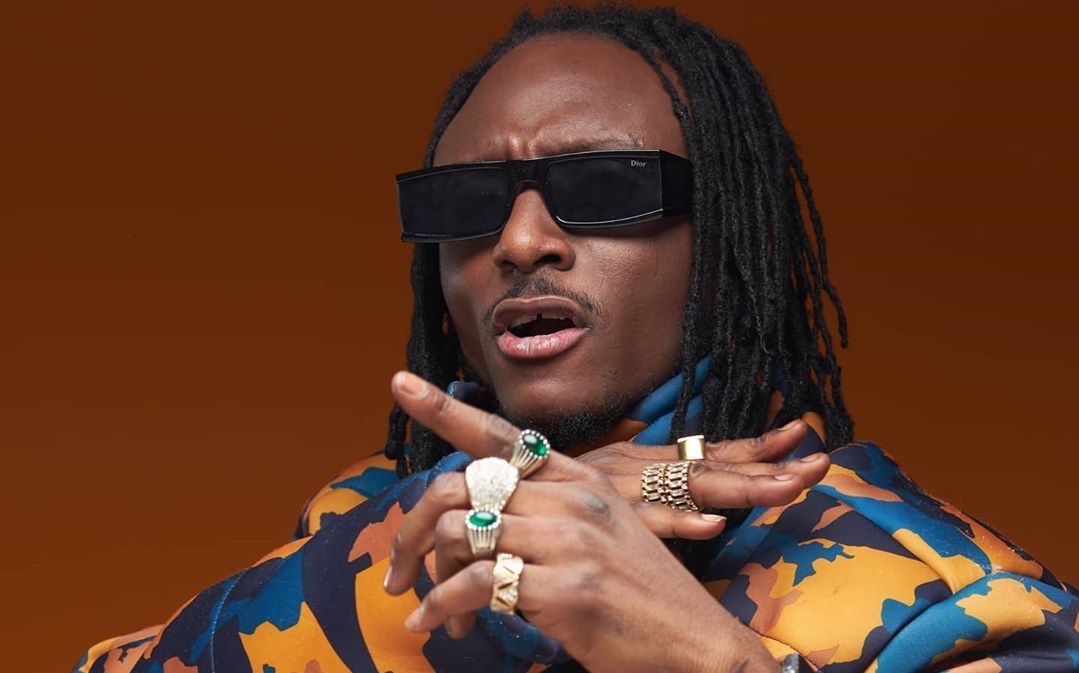
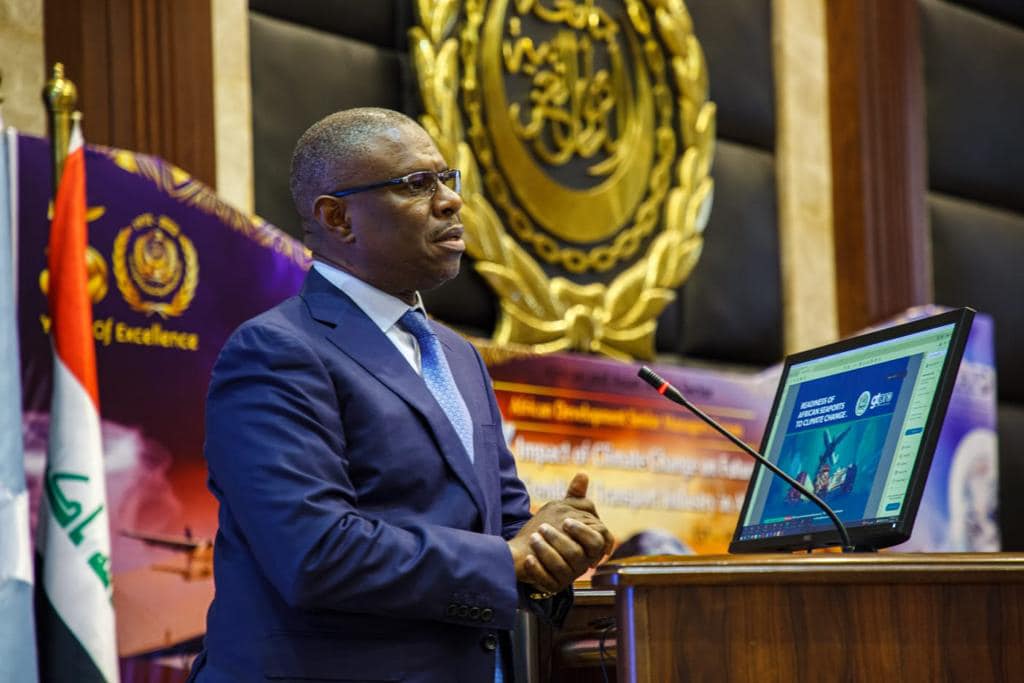

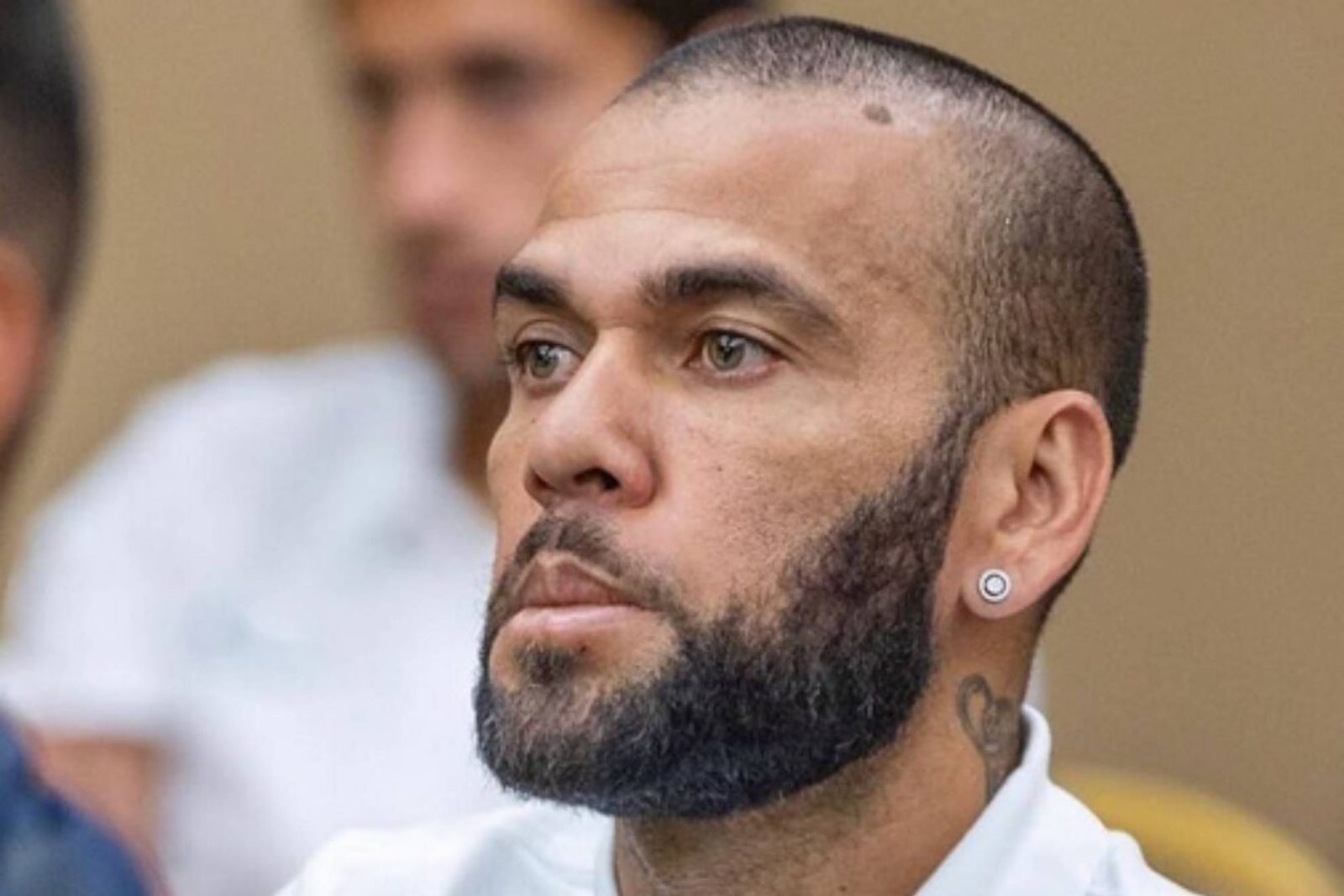
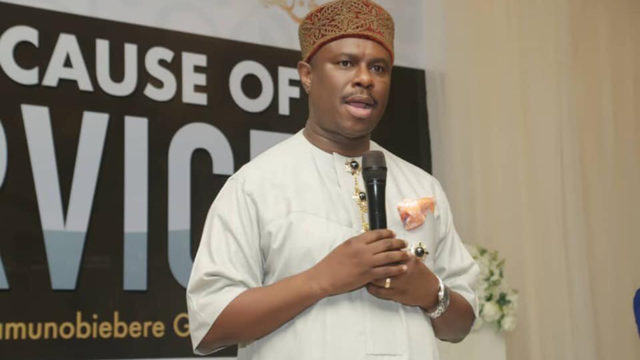

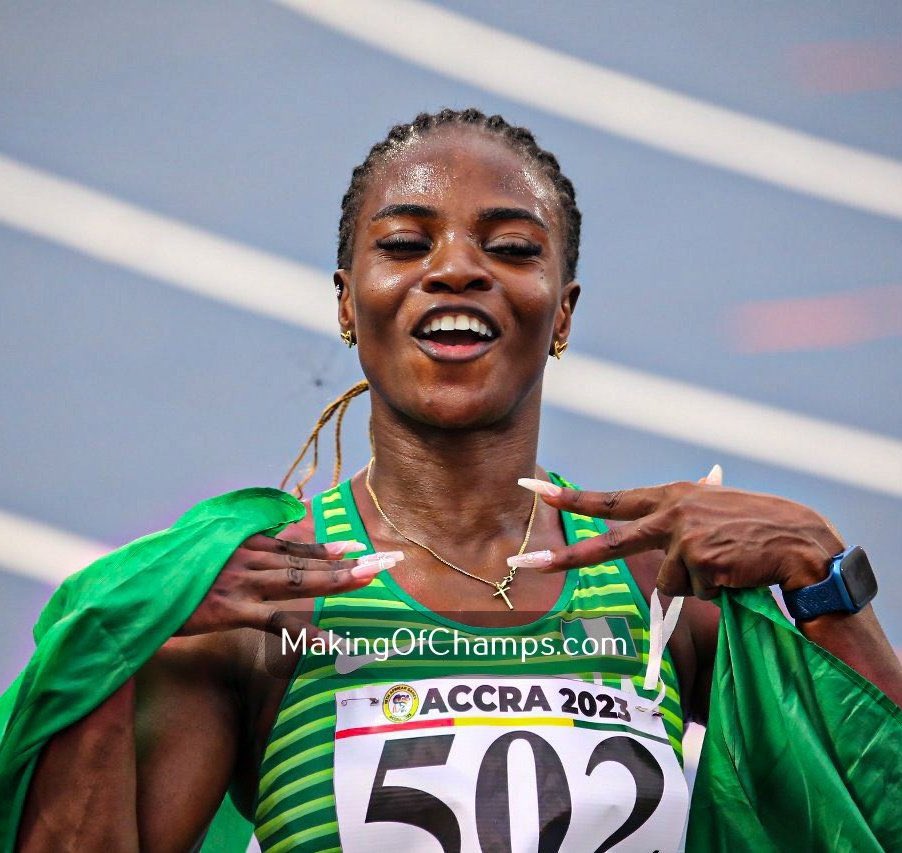
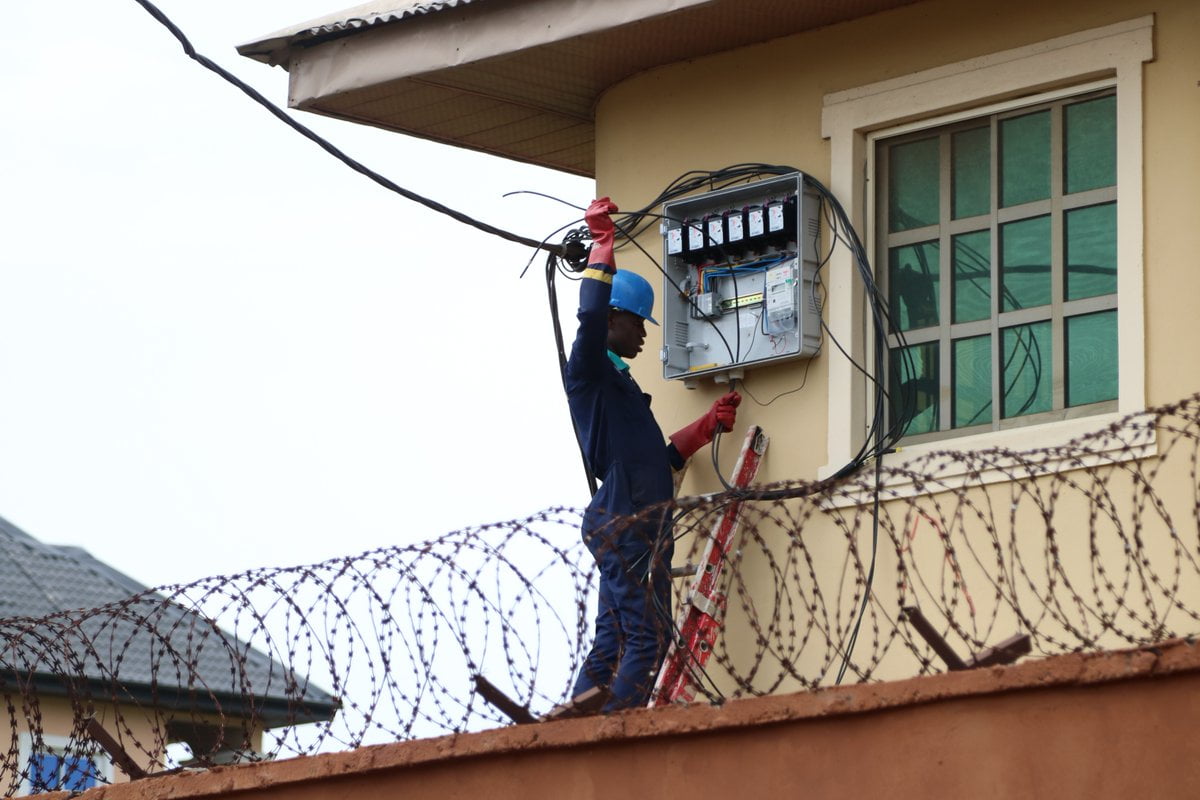

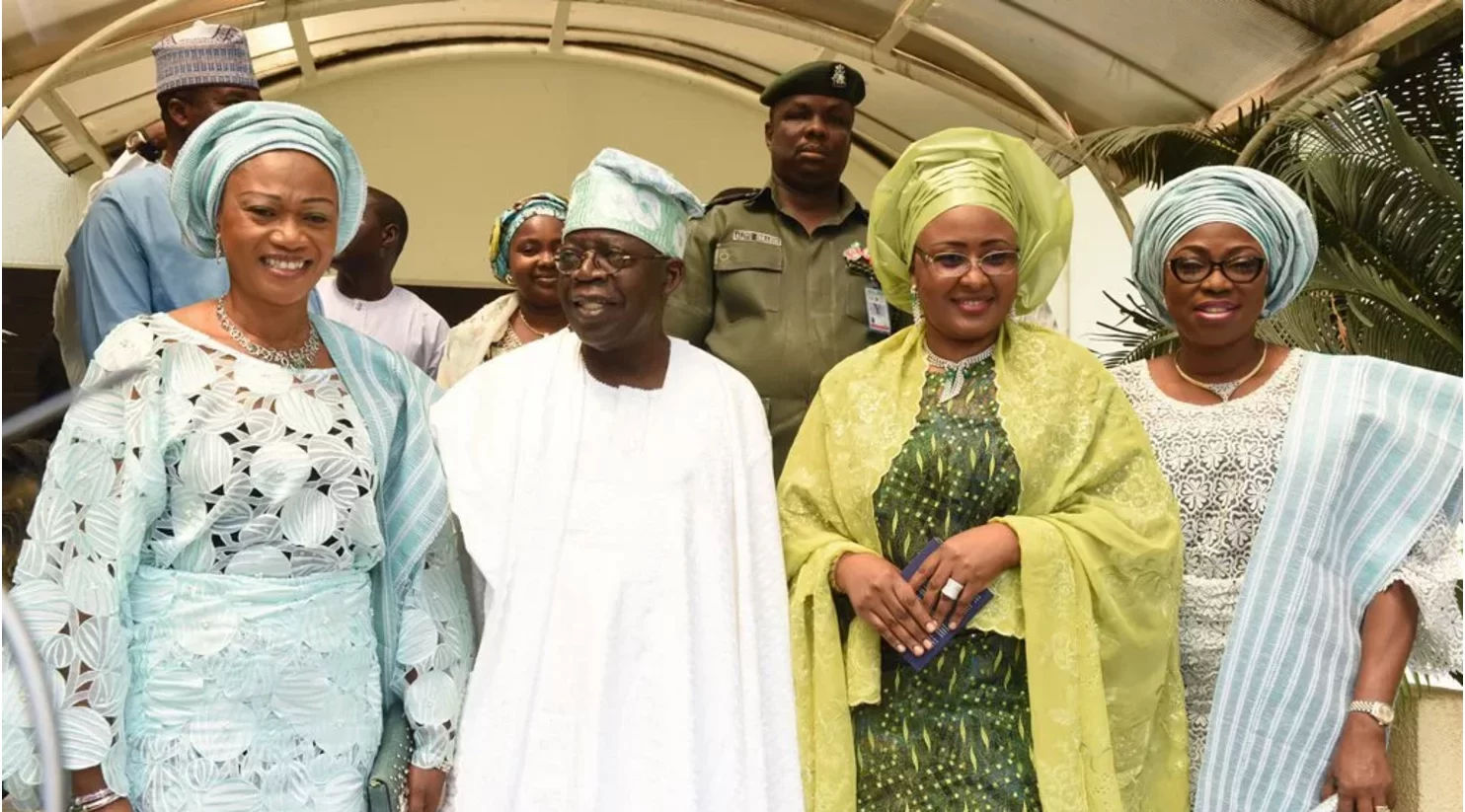

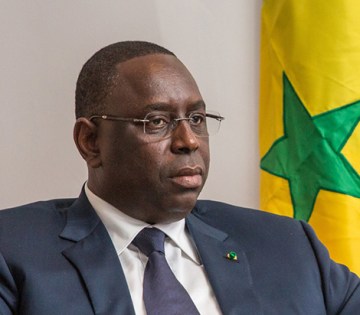
Leave a comment